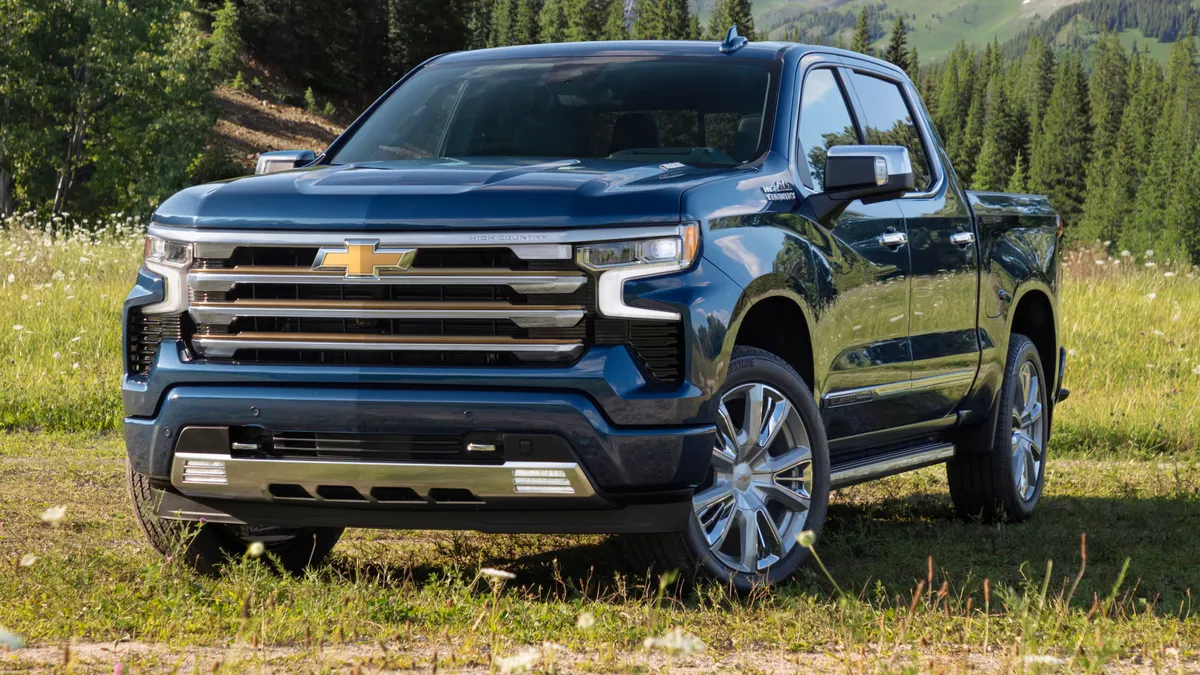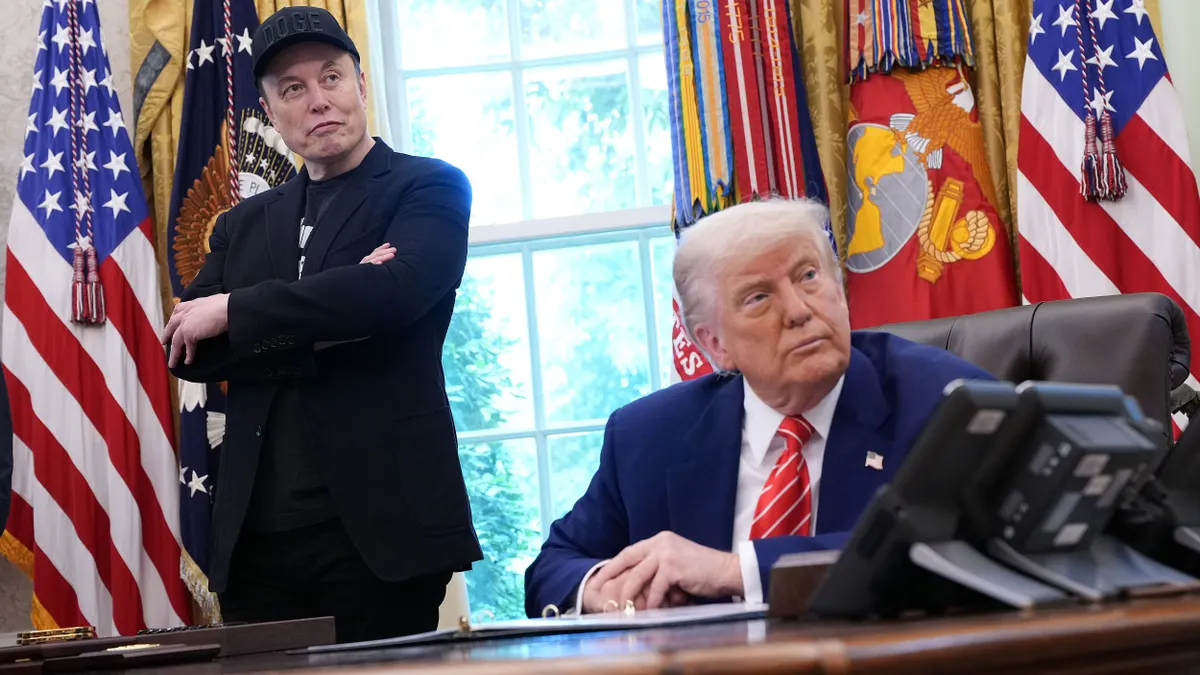Editor's note: This story is part of the WardsAuto digital archive, which may include content that was first published in print, or in different web layouts.
Stellantis is clearly keeping its future mobility options as open as it can, the chief takeaway from its first Freedom of Mobility Forum.
The forum, drawing together transportation and environmental experts, saw the automaker’s CEO, Carlos Tavares, spell out his view of where the main challenges for clean mobility exist. One of those challenges, he says, is the fact that electrification will not be the panacea for clean mobility that some people believe.
“We are seeing a very big change in the mobility industry, and within a few years mobility providers will not be allowed to operate if they are not carbon-neutral,” Tavares says. “What is also obvious is the solutions we are trying to bring as an industry, such as electrification, are not going to be solving all of the problems.
“The electric car will not solve the problem of city congestion, so we have to make the breakdown between urban areas and rural areas in terms of solving the mobility problem for citizens. We also have to solve the energy problem which must be the foundation for any clean mobility for the future.”
Tavares (pictured, left) stresses the importance of only using clean renewable energies, such as electricity from sustainable sources rather than from fossil fuels, to power the electrified portion of transportation. In a clear reference to alternative internal-combustion-powered options, he said different approaches must be taken depending on the environments in which the mobility solutions are operating.
“Even if we think about rural mobility using cars, you have to deliver clean energy to support that,” the CEO says. “On the foundation of clean energy, you can put clean devices and make them affordable so that the greatest number of citizens can buy them and then you will be able to solve a certain kind of problem, but you will not solve the problem of urban areas.
“Urban areas and rural areas may, eventually, need different solutions and, perhaps, countries from the north and countries from the south will not look at this problem in the same way because the available wealth to solve these issues is not the same.”
Tavares calls for “a very Darwinian transformation within the industry,” with potentially different solutions for different areas, but all utilizing clean energy, noting without it electrified transportation won’t produce the expected benefits.”
In the face of some panelists’ concerns that too much onus was being put on the role of the passenger car against public transportation and micromobility options, Tavares defended the consumer’s choice of favoring the motor vehicle.
“The problem with the alternative modes of transport we have been talking about, public transport, cycling, etc., these are not new and they have existed for a long time and, apart from electric bicycles, have been competing against cars for more than a century,” he says. “So, the question is, ‘Why did automobiles win that competition?’ At the end of the day, the consumer has the say on that matter and it will, quite quickly, bring us to the questions of affordability, convenience, comfort and security.
“These are some of the topics we need to take into consideration when we say, ‘There’s too much of this and not enough of that.’ Those things have been true for the last century and what we see today is the result of that competition.”
This draws a feisty response from panelist Yamina Saheb, senior policy analyst at the sustainability forum OpenExp and a vocal supporter of urban public transportation. She criticizes the automotive industry for having used its economic might to undercut the public transportation sector in favor of the car and, effectively, lock people into having to own this mode of transport and exacerbate all the ensuing issues of pollution and urban congestion.
During end-of-session questions, Tavares is asked for his opinion on the European Union’s change of heart on ICE powertrains in new vehicles after its previous intention to ban the technology from 2035. Germany successfully persuaded the EU to allow ICE technology where it is powered by carbon-neutral sources such as e-fuels.
Tavares supports the change, saying e-fuels are another technology that will be developed and the industry will have to demonstrate that they are carbon-neutral. “What it does show is that not everybody agrees with a dogmatic approach (to) this problem. At the end of the day what we need is safe, clean and affordable mobility.
“The future will determine if we have found the solution for the affordability (issue) but, personally, I think the solution for clean mobility exists if the energy is renewable,” he says, adding affordability has yet to be demonstrated mainly because of the scarcity of the raw materials.
In another related question, Tavares expresses support for an agnostic approach to future powertrain technology: “To regulate a certain technology would be a big, big loss of creativity (and) scientific power (if) we are deciding to impose one single technology and not having a technology-neutral regulation that would create healthy competition instead of funneling all the minds in one single direction.”
In a possible swipe at the U.K.’s dogged approach to disregard the EU’s change of heart and stick to its planned ICE ban for 2030, Tavares says, “I told one senior politician recently, ‘Even Parliament cannot overrule physics,’ and we should be mindful of that.”




















